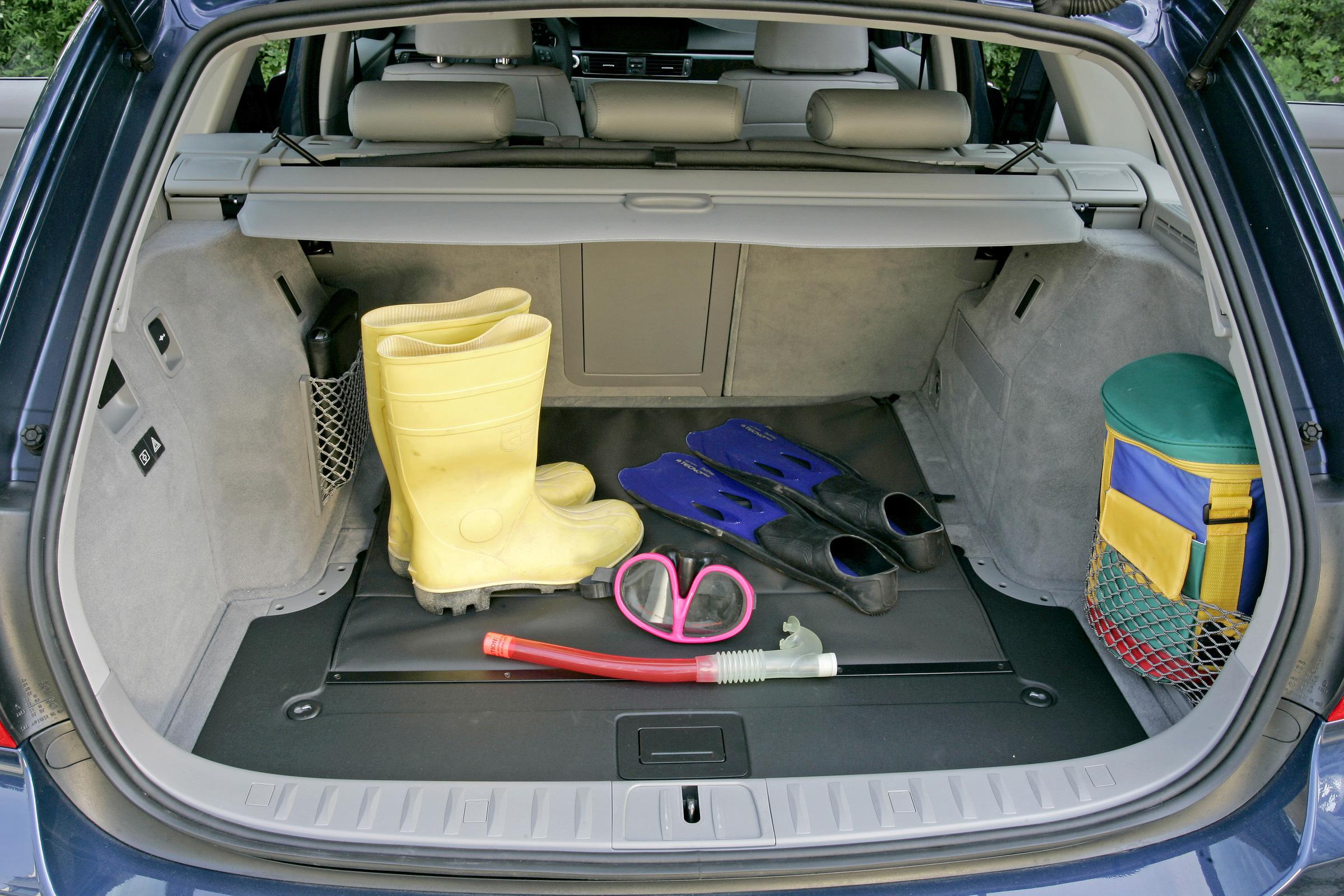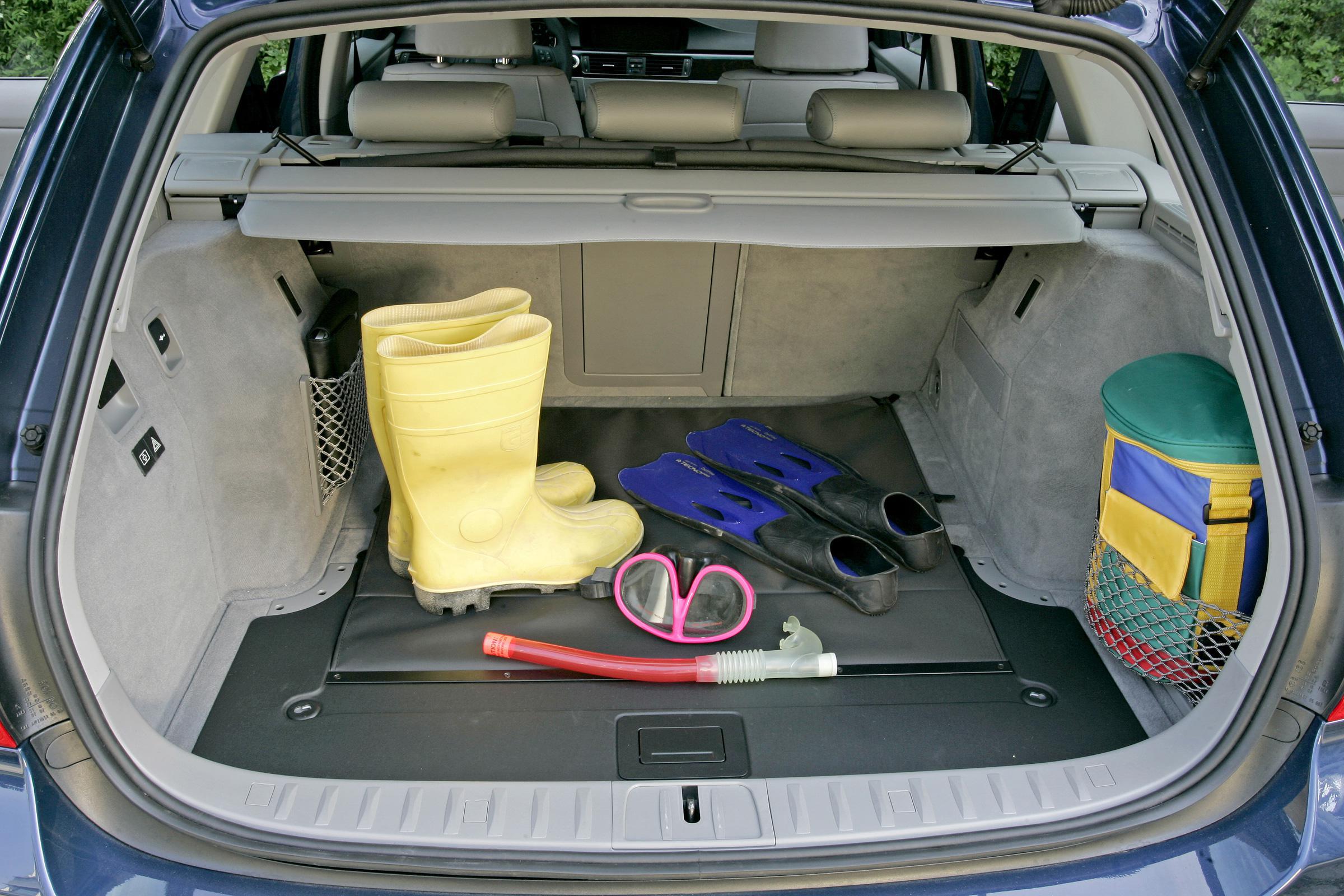
Britain to Ban Fresh Diesel and Gas Cars by 2040
LONDON — Scrambling to combat a growing air pollution crisis, Britain announced on Wednesday that sales of fresh diesel and gas cars would reach the end of the road by 2040, the latest step in Europe’s battle against the hurting environmental influence of the internal combustion engine.
Britain’s plans match a similar pledge made this month by France, and are part of a growing global shove to curb emissions and fight climate switch by promoting electrical cars. Carmakers are also adjusting, with Volvo notably telling recently that it would phase out the internal combustion engine in the coming years and BMW determining to build an electrical version of its popular Mini car in Britain.
But the shift to electrified vehicles will be a gradual one, and the target set by Britain is less ambitious than some of the efforts elsewhere. President Trump’s decision to withdraw the United States from the Paris climate accord has also dented optimism.
Britain’s fresh clean air strategy, published on Wednesday, calls for sales of fresh gas and diesel cars and vans to end by 2040. The government will also make two hundred fifty five million pounds, or $332 million, available for local governments to take short-term act, such as retrofitting buses, to reduce air pollution.
“It is significant that we all gear up for a significant switch which deals not just with the problems to health caused by emissions, but the broader problems caused in terms of accelerating climate switch,” Michael Gove, the country’s environment secretary, told the Big black cock.
Chris Grayling, the transport secretary, promised a “green revolution in transport,” adding that the government dreamed almost every car and van on Britain’s roads to have zero emissions by 2050.
The strategy document was published after a protracted legal battle in which ministers were ordered by the courts to produce fresh plans to tackle illegal levels of nitrogen dioxide.
In France, the promise to end sales of traditional cars was made as part of a renewed commitment to the Paris accord.
In Britain, which is also committed to the Paris treaty, the measures have particular political significance because of rising concern over the level of air pollution, particularly in large cities like London. Poor air quality, much of it a result of pollution from vehicles, is estimated to cause inbetween 23,000 and 40,000 deaths nationwide every year.
Frederik Dahlmann, assistant professor of global energy at Warwick Business School, described Wednesday’s announcement as “an significant step” that set a clear long-term target, and “also gives car buyers an incentive to consider the different types of engine options available in light of the long-term development of the market.”
Still, he said, the long-term nature of the announcement left a significant question dangling: “How does the government intend to improve air quality and reduce transport related emissions in the brief term?”
Critics, including Ed Miliband, a former leader of the opposition Labour Party and an ex-environment secretary, argued that the government was failing to tackle the current pollution crisis.
Fear that fresh car petrol/diesel ban in twenty three years time is smokescreen for powerless measures to tackle 40,000 deaths a year from air pollution now.
Another former environment secretary, Ed Davey of the centrist Liberal Democrats, described the government’s failure to commit to a plan to compensate diesel car owners who scrap or retrofit very polluting vehicles as a “shameful betrayal.”
Others also say the country’s efforts are not aggressive enough — France has also set two thousand forty as its target, but Norway intends to sell only electrical cars from 2025, and India wants to do so by 2030.
Cars typically have a life span of around fifteen years, so even if Britain goes after through with its target, conventional engines are likely to be on the country’s roads more than a decade later.
Britain to Ban Fresh Diesel and Gas Cars by two thousand forty – The Fresh York Times
Britain to Ban Fresh Diesel and Gas Cars by 2040
LONDON — Scrambling to combat a growing air pollution crisis, Britain announced on Wednesday that sales of fresh diesel and gas cars would reach the end of the road by 2040, the latest step in Europe’s battle against the hurting environmental influence of the internal combustion engine.
Britain’s plans match a similar pledge made this month by France, and are part of a growing global thrust to curb emissions and fight climate switch by promoting electrical cars. Carmakers are also adjusting, with Volvo notably telling recently that it would phase out the internal combustion engine in the coming years and BMW determining to build an electrical version of its popular Mini car in Britain.
But the shift to electrified vehicles will be a gradual one, and the target set by Britain is less ambitious than some of the efforts elsewhere. President Trump’s decision to withdraw the United States from the Paris climate accord has also dented optimism.
Britain’s fresh clean air strategy, published on Wednesday, calls for sales of fresh gas and diesel cars and vans to end by 2040. The government will also make two hundred fifty five million pounds, or $332 million, available for local governments to take short-term activity, such as retrofitting buses, to reduce air pollution.
“It is significant that we all gear up for a significant switch which deals not just with the problems to health caused by emissions, but the broader problems caused in terms of accelerating climate switch,” Michael Gove, the country’s environment secretary, told the Big black cock.
Chris Grayling, the transport secretary, promised a “green revolution in transport,” adding that the government desired almost every car and van on Britain’s roads to have zero emissions by 2050.
The strategy document was published after a protracted legal battle in which ministers were ordered by the courts to produce fresh plans to tackle illegal levels of nitrogen dioxide.
In France, the promise to end sales of traditional cars was made as part of a renewed commitment to the Paris accord.
In Britain, which is also committed to the Paris treaty, the measures have particular political significance because of rising concern over the level of air pollution, particularly in large cities like London. Poor air quality, much of it a result of pollution from vehicles, is estimated to cause inbetween 23,000 and 40,000 deaths nationwide every year.
Frederik Dahlmann, assistant professor of global energy at Warwick Business School, described Wednesday’s announcement as “an significant step” that set a clear long-term target, and “also gives car buyers an incentive to consider the different types of engine options available in light of the long-term development of the market.”
Still, he said, the long-term nature of the announcement left a significant question stringing up: “How does the government intend to improve air quality and reduce transport related emissions in the brief term?”
Critics, including Ed Miliband, a former leader of the opposition Labour Party and an ex-environment secretary, argued that the government was failing to tackle the current pollution crisis.
Fear that fresh car petrol/diesel ban in twenty three years time is smokescreen for feeble measures to tackle 40,000 deaths a year from air pollution now.
Another former environment secretary, Ed Davey of the centrist Liberal Democrats, described the government’s failure to commit to a plan to compensate diesel car owners who scrap or retrofit very polluting vehicles as a “shameful betrayal.”
Others also say the country’s efforts are not aggressive enough — France has also set two thousand forty as its target, but Norway intends to sell only electrical cars from 2025, and India wants to do so by 2030.
Cars typically have a life span of around fifteen years, so even if Britain goes after through with its target, conventional engines are likely to be on the country’s roads more than a decade later.

